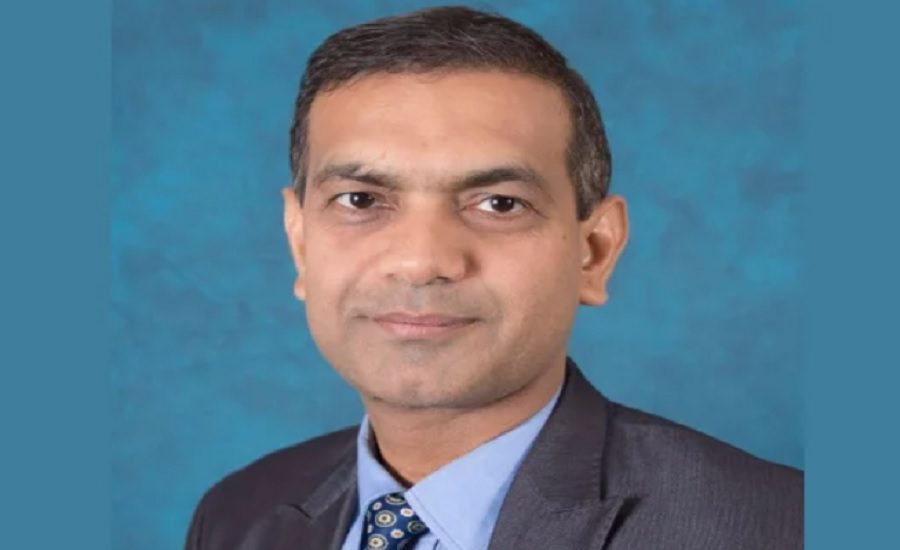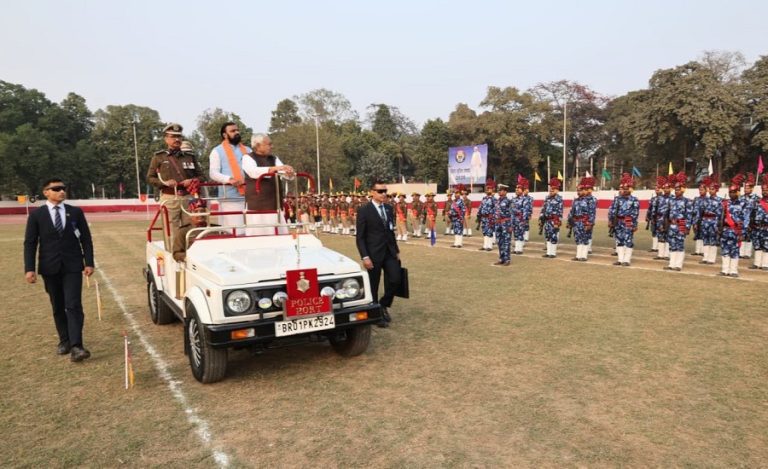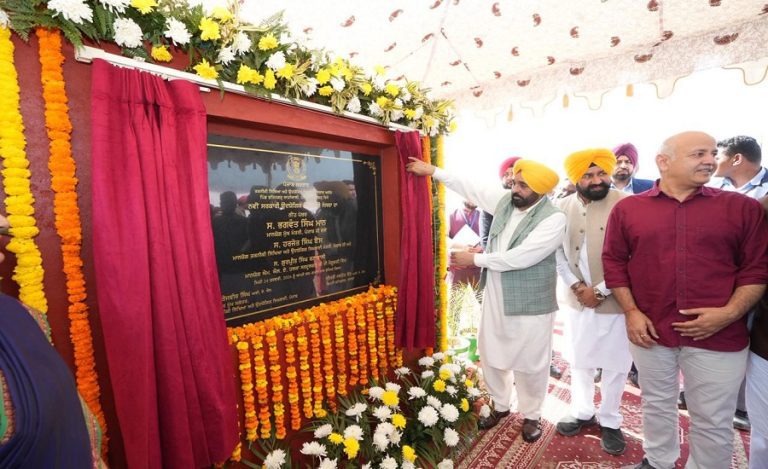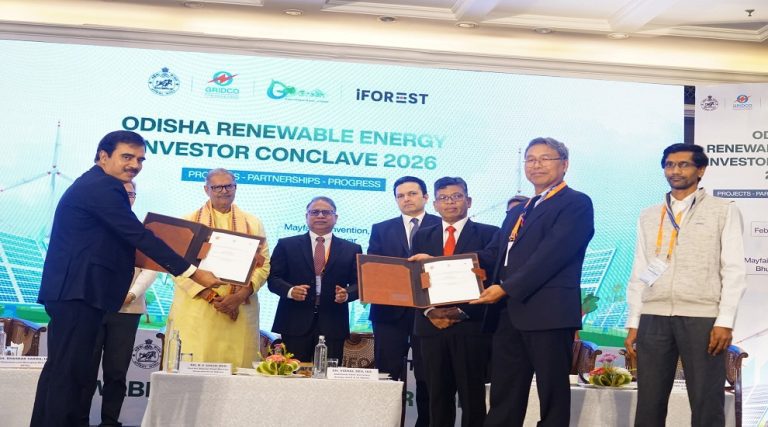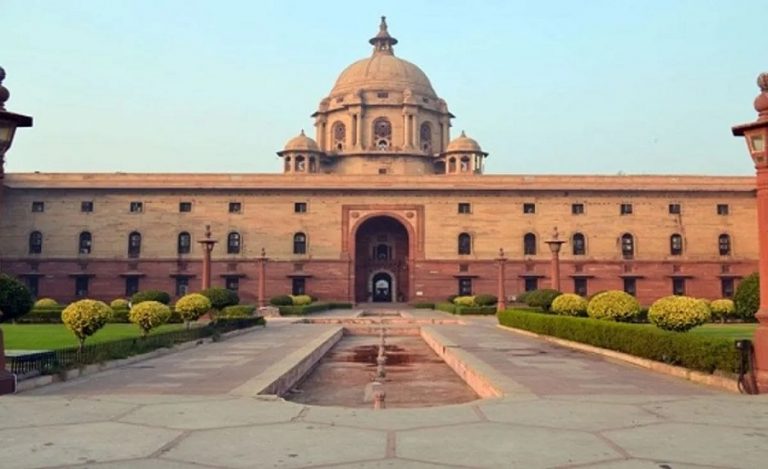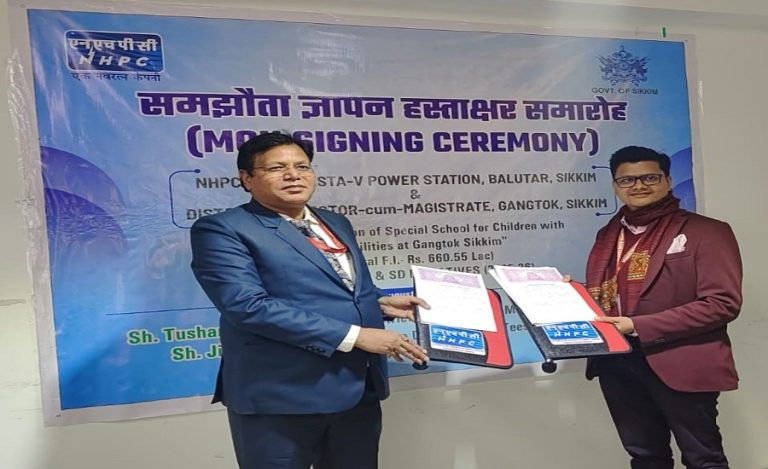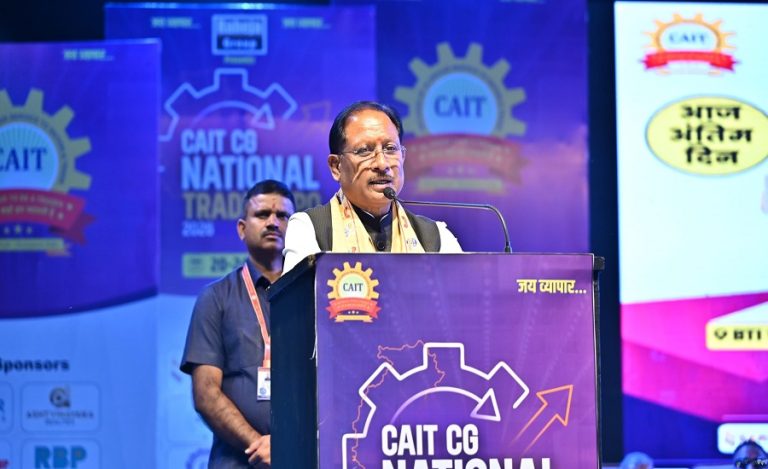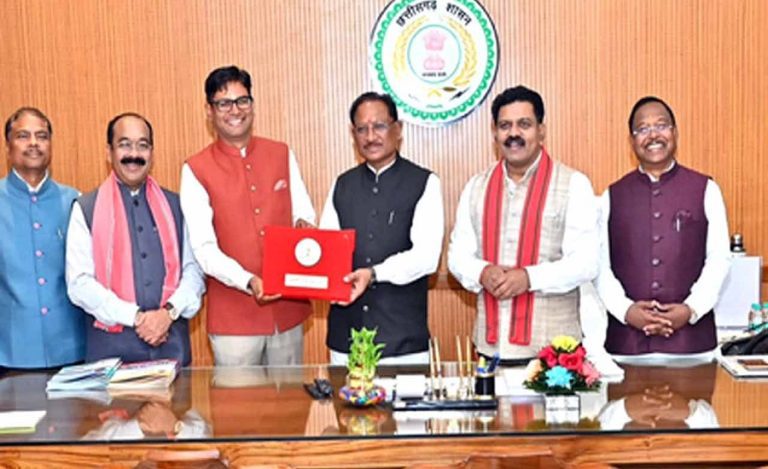In a significant development within Uttar Pradesh’s administrative framework, senior IAS officer Mr. Amod Kumar, a 1995 batch officer, has opted for voluntary retirement nearly six years before his scheduled superannuation in 2031. The Appointments Department has formally approved his request, making his Voluntary Retirement Scheme (VRS) effective from November 25. His decision, officially attributed to personal reasons, has stirred widespread discussions across bureaucratic and political circles.
Swift Approval and Government Procedure
Once the Chief Minister granted approval, the Appointments Department swiftly issued the retirement order and initiated the process to notify the Central Government’s Department of Personnel and Training (DoPT), underscoring the state’s commitment to maintaining procedural clarity and administrative discipline.
Return From Central Deputation
Mr. Amod Kumar had been serving on central deputation since December 6, 2021. He returned to Uttar Pradesh on November 13 after seeking an early repatriation due to family-based considerations. Immediately upon his return, he submitted his VRS application, marking a rapid transition from central duties to voluntary exit.
A Distinguished Administrative Journey
Throughout his decades-long service, Mr. Amod Kumar held pivotal responsibilities instrumental in shaping governance across Uttar Pradesh. His tenure included serving as Secretary to the Chief Minister during the tenure of the Samajwadi Party government led by Mr. Akhilesh Yadav. He also contributed significantly through roles such as:
– Principal Secretary, Planning and General Administration
– Member (Judicial), Revenue Council
– District Magistrate of Sitapur and Faizabad (Ayodhya)
His career is widely recognized for developmental initiatives, administrative reforms, and policy-level contributions across multiple departments.
Growing Trend of VRS Among Senior IAS Officers
Mr. Amod Kumar’s early retirement adds to a growing list of senior IAS officers opting for VRS in recent years in Uttar Pradesh. The trend, which has prompted discussions on administrative stress and shifting bureaucratic priorities, includes names such as:
– Ms. Renuka Kumar (1987 batch)
– Ms. Juthika Patankar (1988 batch)
– Mr. Vikas Gothwal (2003 batch)
– Mr. Rigzin Samphel (2003 batch)
– Mr. Srinivasulu (2005 batch)
– Mr. Vidyabhushan (2008 batch)
The pattern highlights evolving dynamics within state governance and the changing landscape of senior-level public administration.

